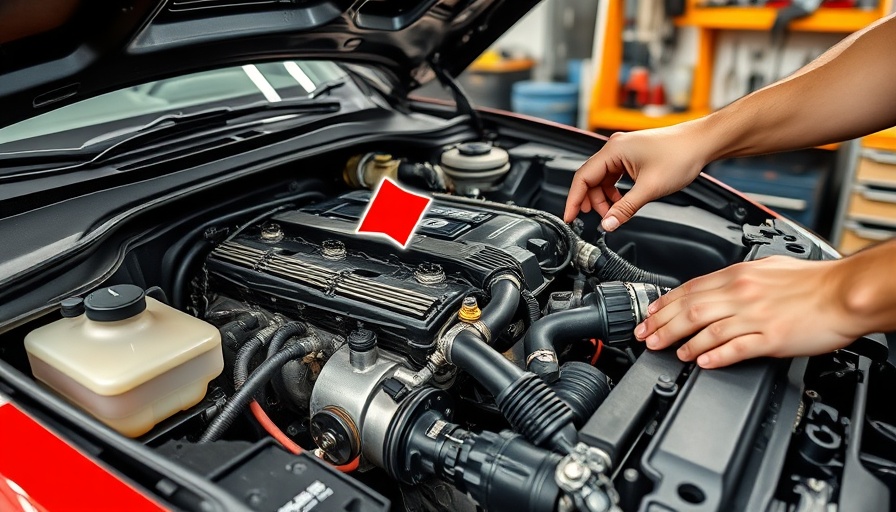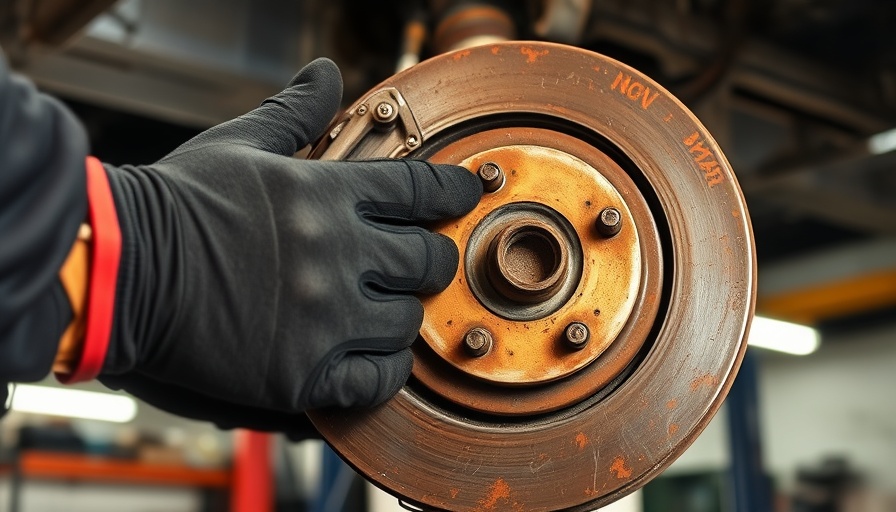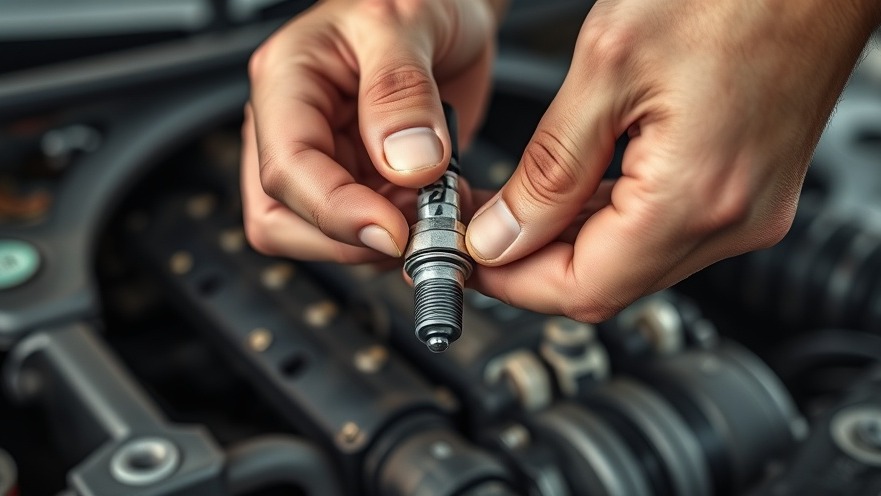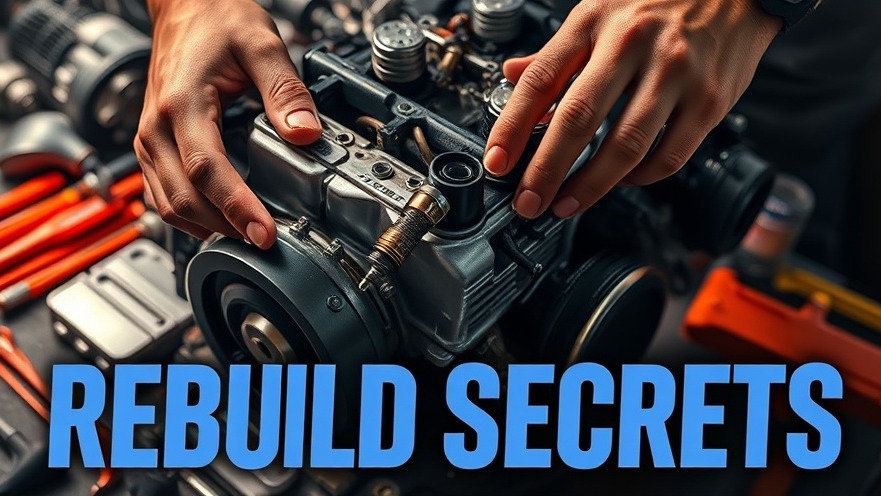
Why You Don't Always Need a Mechanic
Many car owners believe that every problem their vehicle presents requires a professional mechanic, but this isn’t always the case. In fact, over 40% of car troubles can be effectively addressed at home with just a handful of basic tools and a bit of knowledge. Unfortunately, because many mechanics have a vested interest in promoting their services, they may not always highlight the DIY options available to car owners. By learning some simple car fixes, you can potentially save a substantial amount of money.
In 15 Quick Car Fixes That Will Save You Over $5,000 Every Year, the video highlights essential car maintenance tips that emphasize the value of DIY repairs. We’re expanding on these insights to showcase how easy—and profitable—it can be for car owners to take matters into their own hands.
Essential DIY Fixes That Can Save You Money
One of the simplest yet impactful DIY tasks includes changing the cabin air filter. This filter cleans the air entering through your car’s vents and can be easily swapped out in less than ten minutes within the glove compartment. Doing this yourself can save you at least $50 annually, compared to having it done professionally. Similarly, cleaning battery corrosion goes a long way. A quick scrub with a $5 wire brush can save you from a dead battery replacement, which could otherwise cost over $250—and that’s just the replacement, not including a tow!
The Importance of Regular Brake Checks
Your brakes deserve special attention beyond the usual fixes. Regularly checking your brake pads can prevent costly repairs; while a simple pad replacement might only cost about $50, ignoring wear can lead to rotor damage, racking up repair bills exceeding $500. If you hear squeaks or feel vibrations when braking, it could be time to check your pads. Just remember, timely intervention can save not just money but also potential accidents.
PCV Valve: The Unsung Hero of Your Engine
The PCV valve (positive crankcase ventilation) might seem insignificant, but it plays a critical role by regulating pressure and expelling dirty gases. Checking this valve periodically can save you from costly engine repairs. Replacement is easy and usually costs just a few dollars. Make it a habit to check it every 10,000 to 15,000 miles, and you could potentially avoid a $250 repair later down the line.
Maintaining Fluid Levels for Safety
Brake fluid is just as important as the brake pads themselves. If the fluid gets moisture-laden, it could lead to brakes feeling spongy or slow, which is dangerous. Every 3 to 5 years, bleeding your brakes can prevent these issues, saving you upwards of $100 in dealer fees. While it may seem daunting for beginners, with the right tools and concentrations, this task can be mastered at home.
Don't Neglect Your Belts and Hoses
Keeping an eye on your vehicle’s belts and hoses may not appear glamorous, but they are the backbone of your engine's operation. The timing belt should be inspected regularly and replaced every 60,000 to 100,000 miles to prevent catastrophic engine failure that could cost you over $2,000. Similarly, visual checks for crack or fraying on the serpentine belt can ensure no unexpected surprises arise. Many hoses also need replacement every four years, so staying proactive about them can save you significant sums.
Utilizing the Parking Brake: A Small Action, Big Savings
Have you been neglecting to use your parking brake on flat ground? This tiny, but vital action could prolong the life of your transmission. If the parking paw fails due to over-reliance on park mode solely, it could lead to expenses exceeding $5,000 in repairs. Making the parking brake a habit ensures you are preserving your vehicle’s functionality and longevity.
Boosting Performance with Clean Fuel Injectors
As another pivotal DIY task, keeping your fuel injectors clean is essential. While professional cleaning costs can range from $100 or more, good quality gasoline with added detergents can help maintain your injectors efficiently and affordably. With just a bit of knowledge and the right products, the engine can run smoothly without the additional cost.
Conclusion: Empower Yourself with Knowledge
By adopting these simple DIY strategies, car owners can take control of their auto maintenance and slash their annual expenses significantly. Keeping their vehicles healthy doesn’t just enrich their pockets; it empowers them and fosters a deeper connection with their vehicles. By understanding and taking action on these easily manageable car repairs, you contribute to better safety and functionality on the road.
 Add Row
Add Row  Add
Add 




Write A Comment